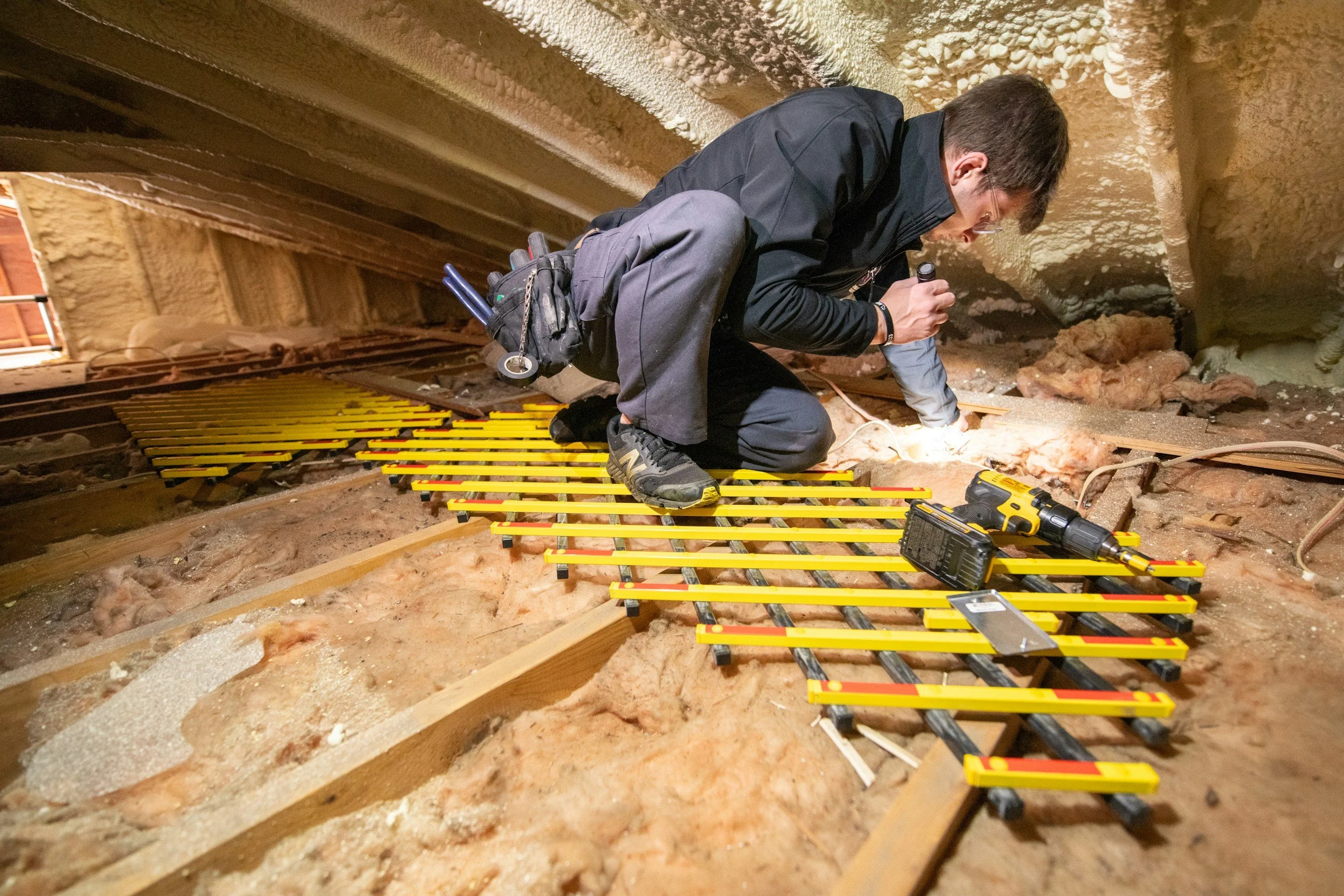When Is It Time to Replace Your HVAC System Instead of Repairing It?
Your HVAC system has a vital role in maintaining comfort within your home. It regulates temperature, improves air quality, and ensures your living space is pleasant year-round. However, like any appliance, HVAC systems don't last forever. While repairs often extend its life, there comes a point when replacing the unit is a more cost-effective and sensible option. But how do you know when to replace your HVAC system rather than keep repairing it? Here are signs that indicate it might be time to consider replacement over repair.
Frequent Repairs
If your HVAC system requires frequent repairs, it may be more cost-effective to replace it altogether. Constant breakdowns can be frustrating and costly, especially if the system is older and the repairs are becoming more frequent. You might contact local providers for home services in Marshall or another city to get professional advice on whether your unit is worth repairing or if it's time for a replacement. HVAC professionals can assess your system's condition and help you weigh the costs of frequent repairs against the investment in a new system. Replacing your HVAC unit can save you money in the long run if repairs occur regularly.
Rising Energy Bills
One of the most noticeable signs that your HVAC system is struggling is a spike in energy bills. As systems age, they often lose efficiency, meaning they must work harder to maintain the same comfort level in your home—this increased workload results in more significant energy consumption and, consequently, higher utility bills. Suppose your energy bills are steadily rising despite routine maintenance. In that case, a newer, more energy-efficient HVAC system could help you save money in the long run. Newer systems are often more efficient, reducing energy costs by 20% to 40%.
The System Is More Than 10-15 Years Old
The age of your HVAC system is another factor when deciding whether to repair or replace it. Most HVAC systems boast a lifespan of 10 to 15 years, depending on how well they have been maintained. If your system is approaching or has exceeded this age, it's likely to become less efficient and more prone to breakdowns. While it's possible to keep an older system running with regular repairs and maintenance, newer systems offer significant energy efficiency, air quality, and overall performance advantages. Upgrading to a modern HVAC unit could provide better comfort while reducing energy usage.
Inconsistent Temperatures and Poor Air Quality
Have you noticed that certain rooms in your home are warmer or cooler than others? This can indicate that your HVAC system is struggling to distribute air evenly. Inconsistent temperatures often suggest that the system can no longer maintain a uniform temperature throughout the house, possibly due to wear and tear or outdated technology. While issues like blocked vents or faulty thermostats can cause uneven heating or cooling, a system that consistently struggles to regulate temperature may need to be replaced. A new system can improve airflow and ensure that every room in your home stays comfortable.
Your HVAC system has a crucial role in maintaining your home's air quality by filtering dust, allergens, and other pollutants from the air. If you've noticed an increase in dust buildup, allergy symptoms, or musty odors in your home, it could be a sign that your HVAC system is no longer effectively filtering the air. Older systems may also have trouble controlling humidity levels, leading to mold growth and other health hazards. Replacing your HVAC unit with a modern system with advanced air filtration can improve your home's air quality and create a healthier living environment.
Strange Noises or Odors
Unusual noises or odors from your HVAC system can signal something is wrong. Grinding, rattling, or banging noises may indicate mechanical issues such as loose parts, a failing motor, or clogged ducts. Foul odors, on the other hand, can suggest mold, electrical problems, or burnt components. If these problems persist even after repairs, it's a strong indicator that your system is nearing the end of its lifespan. A new HVAC unit can eliminate these issues and provide quiet, efficient operation, ensuring your home remains comfortable without unpleasant sounds or smells.
Refrigerant Issues
Many older HVAC systems use a refrigerant called R-22, which is being phased out due to its harmful environmental effects. If your system relies on R-22 and develops a refrigerant leak, repairs can become very expensive, as the cost of R-22 has skyrocketed due to its discontinuation. In such cases, it often makes more sense to replace the system rather than continue to pay for costly refrigerant refills. Newer HVAC systems use environmentally friendly refrigerants that are better for the planet and more affordable to maintain.
Deciding whether to repair or replace your HVAC system can be challenging, but these key signs can help you make an informed decision. If you're dealing with frequent repairs, rising energy bills, or an aging system, replacing your HVAC unit can save you money and improve the comfort and efficiency of your home. By consulting with professionals and considering long-term costs, you can choose the best option for your household's needs.







